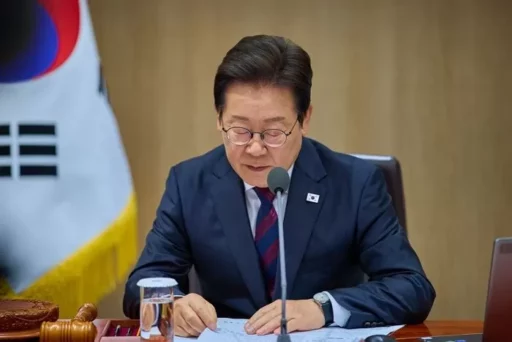Equal Pay for Equal Work Principle, Legalization Promotion
The new government is actively promoting the legalization of the "Equal Pay for Equal Work" principle.
This aims to stipulate in law that workers performing the same tasks in the same workplace should be guaranteed similar treatment, regardless of their employment type, gender, or experience.
The principle of guaranteeing similar treatment
There is growing interest in whether this legalization could serve as a turning point for reforming the seniority-based wage system of domestic companies, going beyond simple distinctions in employment types.
According to government sources on the 6th, the Ministry of Employment and Labor has confirmed that it is considering the inclusion of the Equal Pay for Equal Work principle in the Labor Standards Act.

Specifically, there is a strong possibility of newly establishing a provision in the Labor Standards Act stating that "heads of central administrative agencies and local governments can provide necessary support to ensure the principle of equal labor is upheld, and employers must strive to pay equal wages for the same work within the same business."
Reasons why the spread of job-based pay systems must precede this
Alongside this, the government is also reviewing strengthening the remedial measures in individual laws such as the "Fixed-term Employment Act" to resolve discrimination based on employment types. Additionally, it aims to introduce a "Gender Equal Pay Disclosure System" to address wage disparities based on gender.
However, the government maintains that for the Equal Pay for Equal Work principle to function effectively in reality, the spread of a job-based pay system, where compensation is determined based on the value and difficulty of work, must precede it.
This is because the effectiveness of the Equal Pay for Equal Work principle is inevitably limited under Korea's current seniority-based wage structure.
According to data from the Ministry of Employment and Labor, while the introduction rate of seniority pay systems in large companies with over 1,000 employees is on the decline, it still exceeds 60%. This seniority-based wage system has solidified a structure where wages increase sharply according to years of service, even for those performing the same job.
Wages for workers with over 30 years of service are particularly high… higher than the EU average

According to an analysis by the Korea Employers Federation, if the wage of new employees with less than one year of service is set at 100, the wages of workers with over 30 years of service reach 295. This is significantly higher than Japan's 227 or the average of 165 in the European Union (EU).
The job-based pay system is closely linked to another key labor pledge of President Lee Jae-myung: the policy of extending the retirement age.
When the retirement age is extended under a seniority-based system, the burden of labor costs on companies increases exponentially, but under a job-based pay system, even older workers can receive reasonable compensation according to the value of their tasks, alleviating the burden on companies.
A representative of a small and medium-sized enterprise organization forecasted, "Looking at President Lee's labor pledges as a whole, the burden on management is bound to increase, but if the job-based pay system spreads, that burden may be partially offset."
Image source: Data images to aid in understanding the article / gettyimagesbank, President Lee Jae-myung / News1


